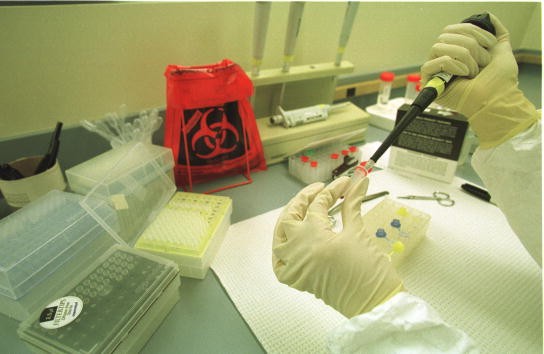
An experimental therapy helps certain leukemia patients go into remission for more than 4 years after they received the novel treatment. This is the finding of a small patient study conducted by the University of Pennsylvania and Novartis.
The therapy is called CAR T cells, which was developed by the university. In this therapy, T cells, white blood cells that act as soldiers of the body, are extracted from the patient's body. They are then modified so they produce certain receptors called CARs (chimeric antigen receptors), which are receptive to antigens present in tumor cells. These receptors are allowed to multiply in the lab until they numbered to millions. When ready, the altered T cells are reintroduced into the body, where they are multiply and eventually destroy tumor cells.
For the study, the therapy is given to patients diagnosed with chronic lymphocytic leukemia (CLL) who had undergone the standard treatments to no avail. CLL currently makes up at least 25% of all leukemia cases in the United States. A blood cancer that progresses very slowly, it is more common among older adults with an average age of 70. It happens rarely among children.
Fourteen patients who fit the criteria were enrolled in the study, which started in 2010. They were then administered with one treatment of the said therapy called CTL019.
About 43% of the patients didn't respond to the treatment with their disease worsening in as short as a month. Nevertheless, the results are remarkable, says the bone and marrow transplantation director of Abramson Cancer Center of the university, Dr. David Porter. Among the first 3 patients enrolled in the study and received the treatment, 1 was already declared cancer free after showing no traces of the tumor cells over the last 5 years while 1 is in remission. Four patients, meanwhile, experience a reduction of their tumors. Twenty-nine percent of these patients showed no sign of cancer after the treatment, although one died in less than 3 years due to an unrelated cause.



